WSIS Action Lines C9: Media: Digital platform regulation
UNESCO
Session 316
Rationale
The internet and social media have empowered societies with enormous opportunities for people to communicate, engage, and learn. The digital world holds potential for marginalized communities, democratizing spaces for communication and opportunities to have diverse voices engage with one another, to be heard and seen. However, these have been gradually eroded over recent decades.
Journalist and Rappler CEO Maria Ressa observed in her acceptance speech for the Nobel Peace Prize, “technology, with its god-like power... has allowed a virus of lies to infect each of us, pitting us against each other, bringing out our fears, anger, hate, and setting the stage for the rise of authoritarians and dictators around the world.” In in fact, the governance and culture on platforms are rules informed by dominant cultural norms.
Meanwhile, across the world, governments are introducing laws to regulate content. According to research by Chatham House and Global Partners Digital, there are at least 56 laws or proposals across 42 jurisdictions that include requirements on how platforms moderate online content. Many of these contain provisions that may deprive individuals of necessary information and validation of identities, contributing to a new layer of exclusion and discrimination.
However, in their approach to regulation, Member States and partners have turned to UNESCO for advice on how best to deal with questions around online content regulation and to ensure genuine accountability for platforms operating in their jurisdiction.
UNESCO is therefore developing its new Guidelines on digital platform regulation, prioritizing inclusion, and encouraging the empowerment of users to access and make decisions about their content engagement.
Consultations, at this stage, will follow in the global conference Internet for Trust, which took place in February 2023 at UNESCO Headquarters in Paris. More than 3000 participants from civil society, academia, governments, and the private sector joined this global debate and contributed to the “Guidelines for regulating digital platforms: a multi-stakeholder approach to safeguarding freedom of expression and access information”.
The aim of the Guidelines is to support the development and implementation of regulatory processes that guarantee freedom of expression and access to information while dealing with content that is illegal9and content that risks significant harm to democracy and the enjoyment of human rights.10They call for States to apply regulation in a manner consistent with international human rights standards and Article 19 of the International Covenant on Civil and Political Rights(ICCPR).119.
TheGuidelines may serve as a resource fora range of stakeholders: for policymakers in identifying objectives, principles, and processes that could be considered in policymaking;for regulatory bodiesdealing with the implementationof regulation;for digital platforms in their policies and practices;and for otherstakeholders, such ascivil society,in their advocacy and accountability efforts
Objective of the workshop
The proposed workshop aims to listen to the technical community, mainly engineers, regulators, and officials in information and communication on the way in which this Guidelines can be made operable in different contexts and regions.
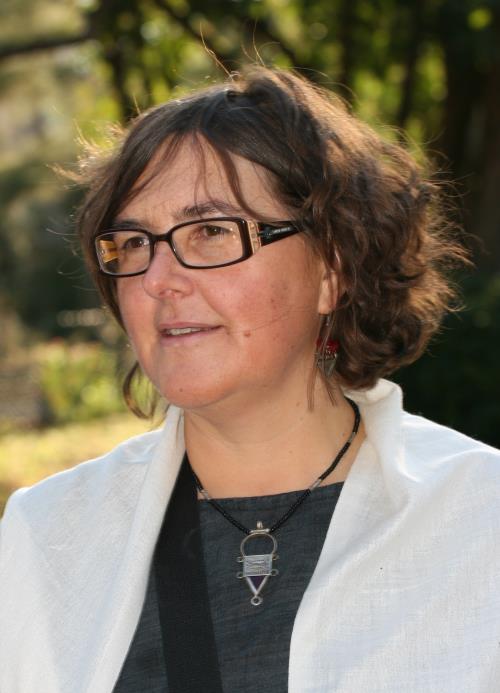
Senior advisor on internet governance, policy advocacy and strategic planning (consultant) at APC. Anriette Esterhuysen was the executive director of APC until March 2017. Prior to joining APC, Anriette was executive director of SANGONeT, an internet service provider and training institution for civil society, labour and community organisations. She was active in the struggle against Apartheid from 1980 onwards. From 1987 to 1992 she did information and communication work in development and human rights organisations in South Africa and Zimbabwe.
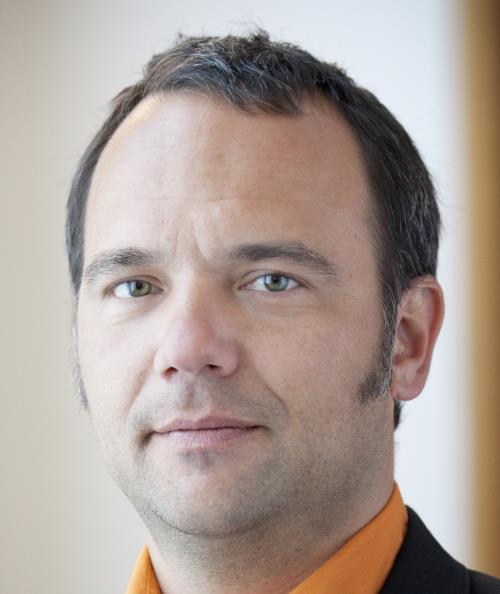
Ambassador Thomas Schneider is leading the Swiss delegation in various fora in the field of digital and internet governance, including AI. He is the chair of the Council of Europe’s Committee on AI (CAI), mandated to negotiate a binding convention on AI. He has been a co-initiator of EuroDIG and is the president of its Support Association, since 2012. He is a bureau member of the Council of Europe’s Steering Committee on Media and Information Society (he was its chair in 2018-19 and vice-chair in 2020-21). He has also been a member of the bureau of the CoE’s Ad Hoc Committee on Artificial Intelligence in 2019-2021. From 2014-2017, he was the chair of ICANN’s Governmental Advisory Committee and in this role negotiated the compromise among governments regarding the “IANA Stewardship transition”, the biggest reform in the ICANN system. He was a vice-chair of the OECD’s Committee for Digital Economy Policy (2020-2022). He was responsible for the organization of the 12th UN IGF in Geneva in 2017 co-chair of the IGF’s Multistakeholder Advisory Group in 2017. He participated in the meetings of the UN Secretary General’s High Level Panel on Digital Cooperation, as personal advisor of Swiss president Doris Leuthard (2018-2019). Since 2003, he has been coordinating the Swiss activities with regard to the follow-up of the UN World Summit on the Information Society.
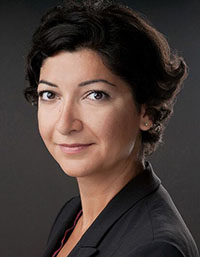
Azin Tadjdini is a human rights officer working on technology and human rights at OHCHR. She has previously worked on the mandate of the Special Rapporteur on the promotion and protection of the right to freedom of opinion and expression and as desk officer in the Middle East and North Africa Section at OHCHR.
Ms. Tadjdini holds a Master in Law from the University in Oslo, an LLM in Public International Law from Georgetown University and a PhD from the University of Oslo.
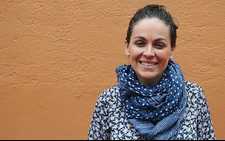
Is Senior Programme Specialist at UNESCO CI Sector focusing her work on freedom of expression in the digital environment. Before she was the regional Director for ARTICLE 19's Office for Mexico and Central America and previously, she ocupied a position as the organization's Right to Information Program Officer, spearheading the development of projects related to education for development. Ms. Ruelas also worked in the Right to Information office of Mexico's National Commission for Human Rights and has a vast experience collaborating in various human rights organizations both in Mexico and Peru. She is a lawyer and holds a Master's Degree in Public Administration and Public Policy from the Instituto Tecnológico de Estudios Superior de Monterrey.
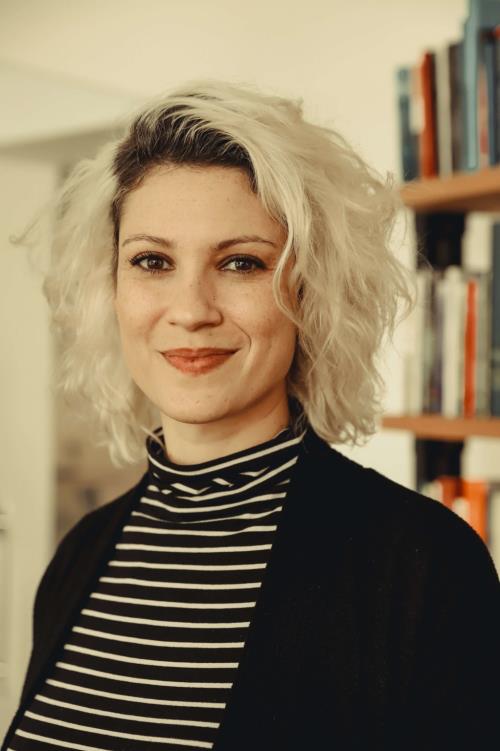
Besides InternetLab’s Associate Director, Mariana is an assistant professor with a tenure track at the University of Saint Gallen, Switzerland. She is a lawyer and holds a Ph.D., a master’s degree and a bachelor’s from the University of São Paulo Law School in the area of sociology of law. She did part of her Ph.D. as a visiting researcher at UC Berkeley, researching international aspects of intellectual property law. She was also a DAAD fellow at LMU in Munich, a participant in the Linkage Program at Yale University, and a student at the WIPO Summer School.
Mariana is dedicated to researching the relations between technology and society, regulation of the digital economy, and fundamental rights in the online environment. She has experience in equity policies, gender equality and violence, access to knowledge, culture and education, intellectual property, the impact of technologies on democracy and social mobilization, and data justice issues.
She is also a researcher at CEBRAP’s Law and Democracy Nucleus. Before joining and directing InternetLab, she was a researcher and professor at the Center for Technology and Society at Fundação Getúlio Vargas, and legal coordinator at the Museum of Modern Art in São Paulo. Between 2019 and 2021, she coordinated Creative Commons Brazil and worked on strengthening its national network. Before becoming a professor in the University of Saint Gallen, Mariana was also a professor at Insper, where she taught undergraduate courses for business and economics students and conceived and coordinated the Certification in Law and Technology in Executive Education.
-
 C9. Media
C9. Media
C9 Media:
Take appropriate measures - consistent with freedom of expression - to combat illegal and harmful content in media content.
Reduce international imbalances affecting the media, particularly as regards infrastructure, technical resources and the development of human skills, taking full advantage of ICT tools in this regard.
-
 Goal 16: Promote just, peaceful and inclusive societies
Goal 16: Promote just, peaceful and inclusive societies
https://unesdoc.unesco.org/ark:/48223/pf0000384031.locale=en